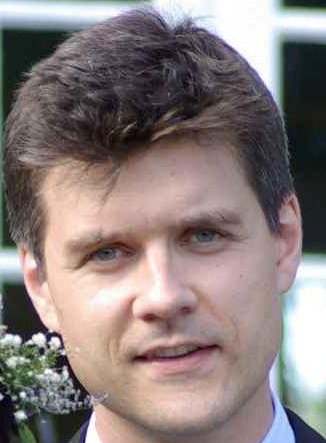
MENU
Skip menuWelcome!
I work as an astrophysicist at the Albert Einstein Institute in Hanover, Germany.
I am a member of the LIGO Scientific Collaboration, developing searches for black holes and neutron stars using gravitational wave detectors.
Research
- My research lies at the interface of astrophysics and theoretical physics. Observations of astrophysical objects such as black holes test fundamental theoretical ideas about nature that are inaccessible to experiments on Earth. Our astrophysical observations are now entering an exciting new era with the first detections of binary black holes. Using gravitational waves, for the first time we will be able to extract information directly from regions of strong, dynamical gravitational fields, as heavy compact objects merge together due to gravity. Applying results from fundamental physics is essential to understanding the structure of both black holes and neutron stars and, in turn, our observations of these objects inspire new and better theoretical discoveries.
- Strong gravitational fields have important effects on matter both classically and quantum mechanically. These effects are most simply studied in static cases where things remain stable and in equilibrium. For example, the behaviour of matter in the vicinity of a black hole horizon has been studied in these simple models, but there is still no clear picture of what actually occurs. In fact, these simple models lead to a number of apparent paradoxes about the nature of matter and causality related to the black hole information paradox.
- In strong dynamical gravitational fields, such as occur when two black holes collide, these simple static models break down and new ideas are needed to describe the physics. The collision of two black holes is a very energetic process than can release more energy than the visible light from all known galaxies. Such violent processes are described differently in different models and observations of these events can tell us which models are correct. It is even possible that we will need completely new models and studying dynamical processes inspires such models.
- The collisions of black holes can be observed if we search for them in gravitational wave data. Searching efficiently for black holes in gravitational wave data requires understanding how the signals change with the changing parameters of the sources. In particular, Einstein's theory of relativity predicts that different masses and rotation rates of objects will affect the gravitational wave signals that they emit. The more we known about these parameters, the easier it to find true signals against the background of unavoidable noise in the detectors. The plot below shows which parts of parameter space we are most sensitive to. The red dots are parameters are places where we currently have good sensitivity, the green and blue dots are regions where we can do better. I am working on improving the sensitivity to these regions.

You can read more about my research here.
 日本語
日本語 한국어
한국어